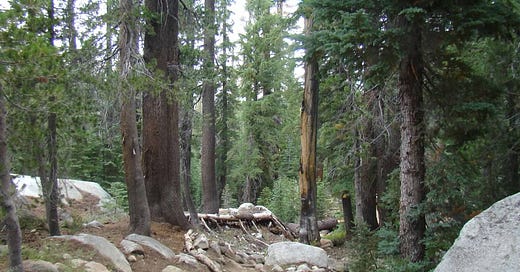Why I Call Myself a Patriot (Hot Ink Summer Week 3)
It’s the 4th of July here in the US, so appropriately, Scribente Maternum’s third week of Hot Ink Summer is a prompt asking about patriotism.
What does it mean to be a patriot?
I actually had to look up the etymology of patriot to draft my thoughts on this word. With roots in the Greek word patrios, meaning “of the father,” its resemblance to the word patriarchy cannot be missed. But, I would argue that the word patriot is not patriarchy.
While patriarchy refers to a male-dominated social structure, patriot is tied to believing in and supporting one’s country. Ironically, it could be described as the love of one’s Motherland.
During the American Revolution, revolutionists embraced the word as a description of those who fought for American independence. I think this sense of the word, and the images it conjures—freedom, bravery, and soggy tea at the bottom of Boston Harbor—remains one of the more prominent in our contemporary US sentimentality.
Over the centuries since that defeat over the Redcoats, we have continued to embrace the word, but what do we mean when we call ourselves patriots? I think the real questions for patriots are “Why do you love your country?” and “What are you standing up for?”
Back in my college days, when I was probably less a patriot and more of a wannabe rebel, I remember discovering a singer-songwriter named Dana Lyons (shoutout to my friend Ian for helping me remember this artist’s name!). On his 1996 album, Cows with Guns, the second track is called “My Country.” In this song, he sings about what it means to fight for your country. From the perspective of a young man, you imagine this means to be a soldier, fighting in wars. But as the lyrics of the song progress, you realize it means to fight for the actual country:
“‘Cause the wildlands are the places we go / to remember what it means to be free / when bad forces attack our land / I’ll fight for my country”
It’s about loving and respecting the rivers, the mountains, and the land. This tenuous relationship we cultivate between caring for and taking from the land—our country—is complicated, especially when you take into account all the stakeholders involved. We are a country of diversity, and that diversity is not just in our varying cultural practices; it is also in the opinions of how we treat the land we call home.
As an urban planner, I am constantly writing phrases like “the proposed development would include infrastructure improvements” or “the proposed land use designation is medium-density residential.” An improvement, such as a new waterline, is only such from the perspective of the humans that would use it, not necessarily for the land itself. And the term land use assumes the land cannot just be. It must be used for something. Even open space is a considered a land use in urban planning.
I am right in the middle of the developers who want to build and the conservationists who want to preserve. I want to support our society with new schools, quality homes, and clean water; but I also want to protect the land as it is. As much as I love the ideal human-land relationship described by Robin Wall Kimmerer in Braiding Sweetgrass, I can’t pretend we live in a world where land isn’t owned. My own job revolves around land ownership.
But, nonetheless, we have a responsibility to protect the land—both the developed land and the “wildlands” of Dana Lyons’s song.
I love my country because I respect those wildlands for what they are. And, I stand up for the Motherland because it is not to be pillaged for resources but to be respected as a place of beauty, bounty, and freedom. This is how I am a patriot.




